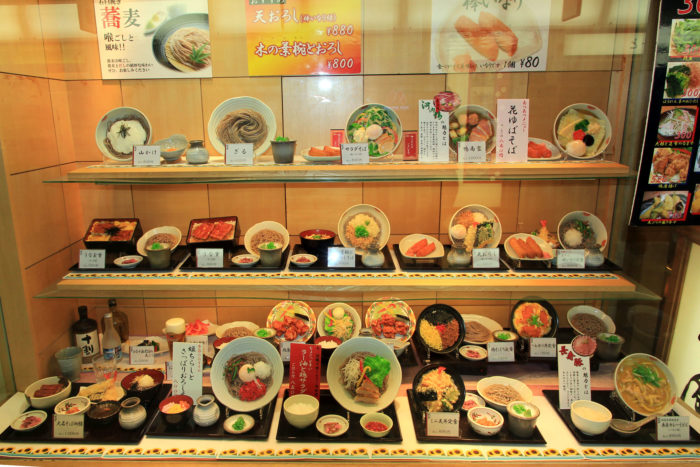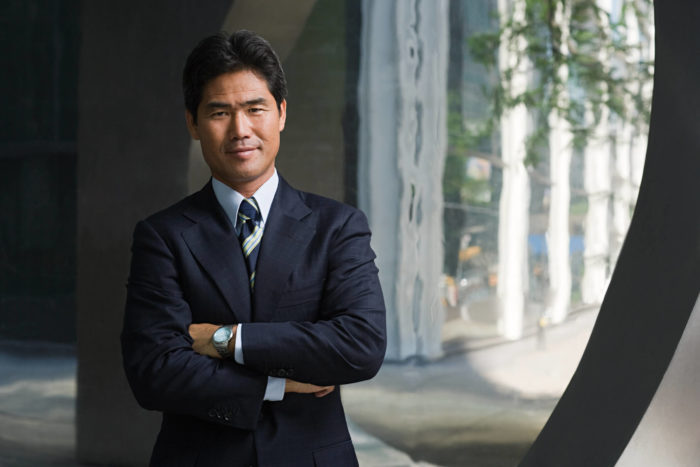
Last Updated: 14 Apr 2023 Oh no, not another -hara! (harassment)
When I saw an article in the Nikkei Business magazine discussing kasuhara (customer harassment) in Japan, I’m afraid my reaction was “oh not, not another -hara”. Sexual harassment, shortened to “sekuhara” has been around for decades, and is depressingly persistent. More recently “pawahara” (power harassment) has become the subject of new legislation in Japan. There has also been talk of “patahara” or paternity leave harassment – where men who take paternity leave are cold shouldered on their return to work.
Most countries have laws on sexual harassment, usually part of a more general law against publicly harassing people to the extent that it causes them distress or alarm. And most countries have laws on sexual assault. These laws would of course also apply to any such behaviour in the workplace, but in addition to this, such behaviour could also be classified as discrimination against a protected characteristic – in this case against someone on the grounds of their biological sex or gender, and possibly sexuality.
As far as I am aware, Japan is unique in having laws against power harassment. The expression does not really exist in the Anglophone world. In the UK we would probably call it workplace bullying, which is not of itself illegal, but could lead to an employee raising a grievance or claiming constructive dismissal.
Power harassment in Japan is defined as being based in a relationship where one person is in a superior position to the other, what is being asked of the person being harassed goes beyond what would normally be expected as necessary and reasonable in the workplace and has an impact damaging to the working environment.
Keeping it in the family
Behind power harassment there are the obvious traditional cultural issues in Japan of rigid hierarchies and roles based on age and seniority in the company, and also excessive deference to seniors.
But I have long thought that a further, more mechanistic reason behind power harassment is the lack of job descriptions. This is also a product of the Japanese family or membership type system. To uphold lifetime employment and seniority based promotion for family members, employees have to be generalists, who pitch in to do whatever is necessary, for the greater good of the family, particularly if they are still junior.
The need for clearer boundaries
Now that more companies are adopting the “job gata (type) system”, with job descriptions and specialist career paths and development, junior members of staff are more able to fight back against unreasonable demands, by pointing out that these demands do not fall within their job remit.
So what is kasuhara? Judging by this video, which talks about customers aggressively demanding that a bus driver be fired for driving badly, or refusing to pay or threatening negative reviews on social media, there is again an element of harassment – public behaviour causing alarm or distress – something not unique to Japan, unfortunately. But it is also, as the bus company themselves point out, rooted in the Japanese saying that the customer is god (okyakusama wa kamisama). You are obliged to do what a god asks, for fear of retribution, or in hope of a blessing.
Again, I think there is a more mechanistic reason behind this. So many customer and supplier relationships in Japan are decades-long, even a century long. Often there is no clearly written contract or purchase order, just a mutual trust that they will look out for each other, through good times and bad, and somehow in the long run everyone will prosper.
Why it’s hard for foreign companies to acquire Japanese customers
This is why it is so hard, particularly for foreign companies, to become suppliers to Japanese companies – a long term relationship has to be broken. The supplier has to have done something spectacularly, irretrievably wrong, or the newcomer has to be supplying something which is groundbreakingly new or superior to what the current supplier is offering.
There is also the perception that a foreign company will be much more “dry” – stick to the letter of the contract and insist on additional payment if the contract is changed from what was originally agreed. Of course Western customers are conversely more willing to sue or demand compensation if contract terms are not met.
The trap of overservicing
Japanese customers can be extremely aggressive and unpleasant to suppliers if they perceive the supplier is at fault. They usually won’t do this to a foreign (or at least Western) representative of the supplier, but if you have a Japan headquarters or a Japanese subsidiary, you can bet that those Japanese staff members in charge of that customer account are having to grovel and suck up the abuse if any serious mistakes have been made.
So Japanese sales representatives and account managers will do all they can to avoid making mistakes and do whatever the customer asks. Which does ultimately lead to over-servicing, overtime and and low profit margins.
Impact on employee engagement and retention
The bus company and other suppliers in Japan are starting to fight back, as they realise the detrimental effect kasuhara has on their own employees’ wellbeing. According to a survey in the Nippon TV video above, 13.5% of the 1000 people they surveyed said they had experienced customer harassment and it had affected their mental health or caused them to quit. Maybe Japanese suppliers will also have to start adding clearer specifications to their contracts and purchase orders and put up more “manner” posters, which we all too frequently see on London Transport, cautioning against abusive behaviour towards staff.
Whatever the culture, most people will know in their hearts what is an acceptable or unacceptable way to behave towards a colleague or supplier. Nonetheless, it helps for employees to have an open conversation about this with each other, and surface any hidden assumptions being made. Guidelines need to be clear, and well understood, as well as establishing a framework for people to express any issues that they are having.
At Japan Intercultural Consulting we have been providing training sessions in Japanese and English on preventing harassment and discrimination in the workplace, going beyond a plain statement of the law to talk about more positive ways people can ensure a happy, inclusive and harassment free workplace,
Related articles
Cultural differences and customer experience
I was finally able to visit Japan again at the end of 2023, after a four and a half year gap. I was
Top ten expectations of Japanese customers
Customer service is a highly developed art form in Japan. As foreign firms become increasingly acti
Your Japanese customer wants a window (or a desk), not a receptionist or voicemail
Japanese customers expect to get through to the tantosha or madoguchi, not a reception




